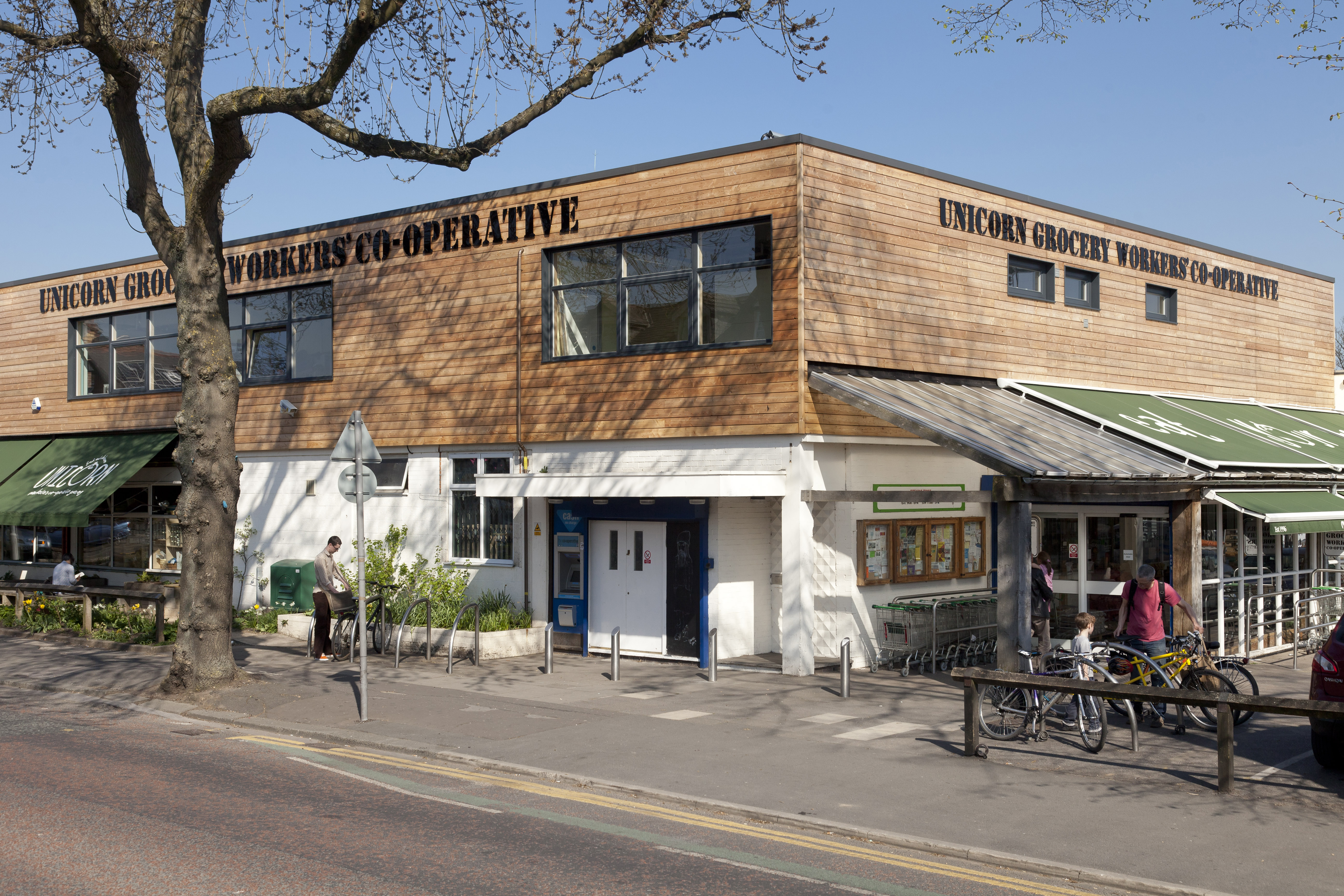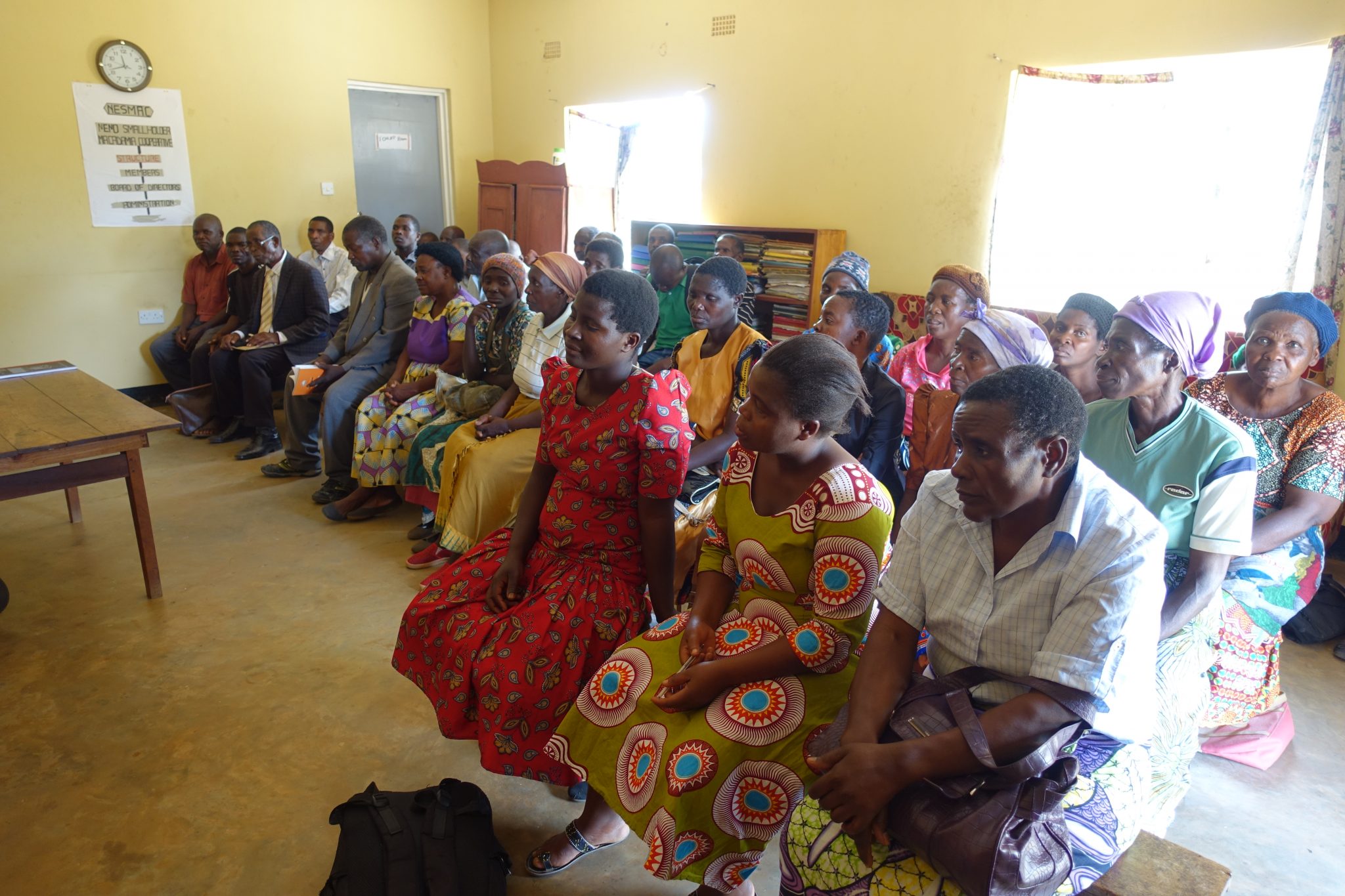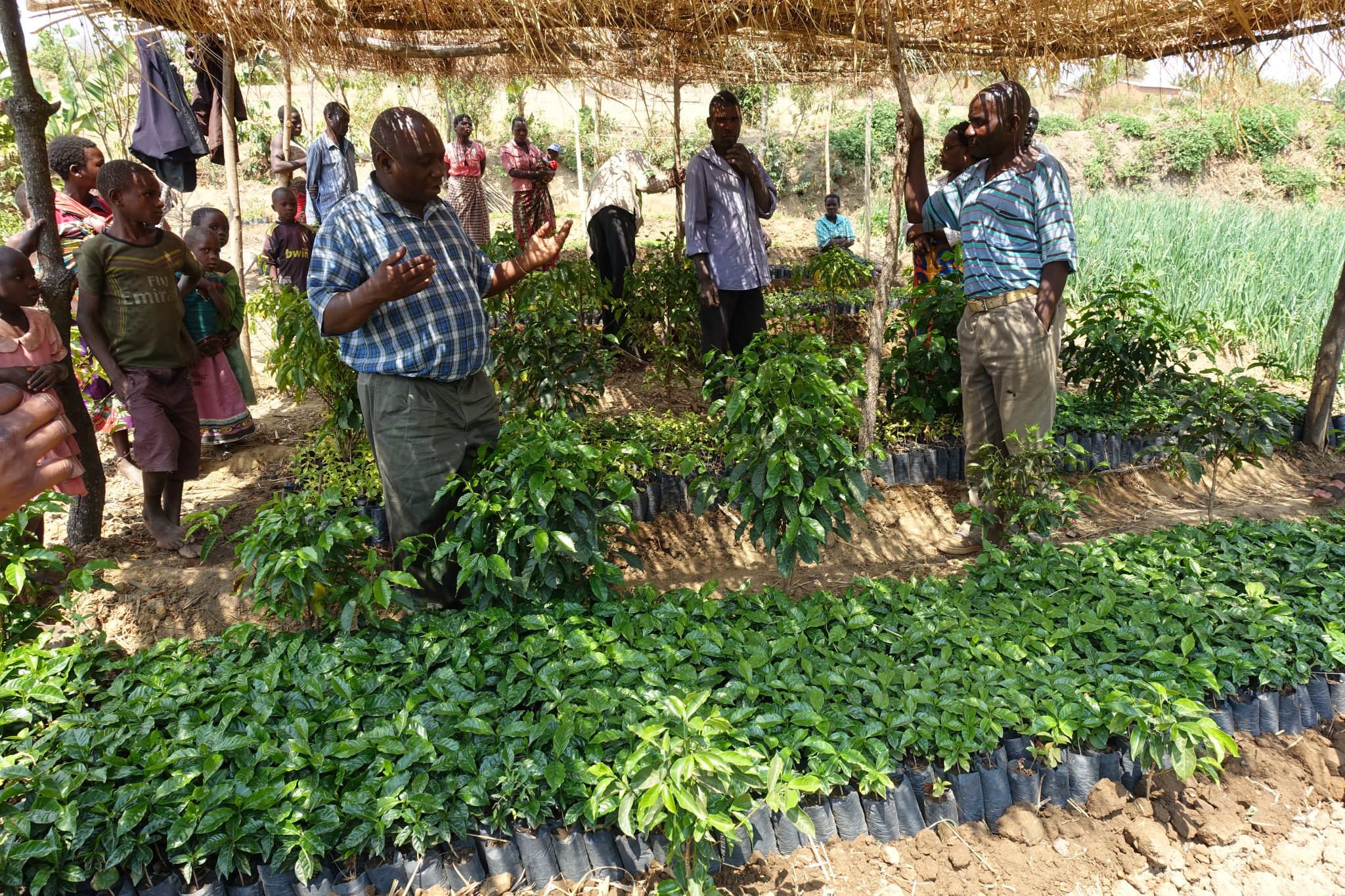Dr Amanda Benson, Projects and Research Officer at the Co-operative College, on the importance of co-operation in international co-op development
Collaborations and partnerships are vital for any kind of development: they are the cornerstones where knowledge and experience meet necessity and enthusiasm. This is particularly true of co-operative development, with all of its unique issues around membership, governance and participation. Two of the co-operative principles in particular – co-operation among co-operatives and concern for community – are at the heart of helping co-ops grow, and so at the heart of development, too.
One organisation putting these principles into practice is the Co-operative College. Its partnerships with governments, apex bodies and independent co-operatives are encouraging co-operative growth around the world.
A major focus of the College’s work in recent years has been Malawi, where it has been helping the local co-operative movement in its efforts to grow and flourish since 2012. Supported by funding from the Scottish government, the College has worked with different partners to boost the numbers of co-operatives being created, as well as creating a co-operative apex organisation, the Malawi Federation of Co-operatives (MAFECO). The College is currently working in partnership with the German co-operative apex organisation, DGRV, to strengthen MAFECO and help it create a dedicated Co-operative Learning and Skills Unit (COLSU) to ensure it responds to the needs of the co-op movement as it develops.
Over the last three years, the College has also partnered with two UK worker co-operatives: Unicorn Grocery and Infinity Foods. While the College project has delivered training and support to strengthen the business, finance and governance side of running the co-operatives, this additional funding enables co-operatives to invest in their longer-term sustainability and develop other aspects of their business.
Unicorn Grocery
Unicorn is a small grocery store based in Chorlton, south Manchester, selling fresh produce and wholefoods, with an emphasis on organic, Fairtrade and local produce. It was established as a worker co-operative in 1996 by a small group of people committed to social change. Today its worker-owners continue to run it by following a shared social and environmental agenda – and in 2017 it was named ‘Best Food Retailer’ at the 2017 BBC Food & Farming Awards. “Unicorn is a values-driven business, which sees success as something more than figures on a balance sheet,” says worker-owner Abbie Kempson, In this context, the co-operative has set up a fund to support different projects, in the UK and internationally.
“Every year we set aside a sum equal to 5% of the previous year’s wage bill for project support – £91,000 in 2019. We choose to base the fund on our wage bill rather than our profits because in the world of corporate philanthropism, ‘profit’ levels can be interpreted and measured so variably. Our wage bill is a clearly-defined amount, reflecting our growth as a business, and it means if and when co-op staff get better off (as wages increase), so too do the projects we support.”

Ms Kempson adds that for members, this is a way to live the co-operative principles: choosing to earn 5% less and show active solidarity with people around the globe who share the vision of a more just and sustainable world.
The 5% is split: the 1% fund supports local and national initiatives, mostly in Greater Manchester; and the 4% fund supports projects overseas, generally in the Global South.
“The 4% fund aims to support projects addressing the impacts of the unfair global trading system, poverty, and unsustainable agriculture,” says Ms Kempson. “We support initiatives creating and promoting sustainable livelihoods, particularly those that are led by the communities in which they operate. Through our two funds we are proud to stand in solidarity with people who are working hard to bring about positive change in their communities.”
The co-operative is increasingly developing long-term links with these projects. Current support includes a home gardening programme in Cape Town, a tree-planting project in Syria, organic food producers in Nicaragua, women’s rights advocacy in El Salvador, bikes for school pupils in Ghana, shea producer co-ops in Mali, a scholarships and rural community programme in Guatemala, and two permaculture projects in Zimbabwe.
For the past three years, Unicorn has been using part of the 4% fund to support the College’s work in Malawi, providing a huge boost to existing work with tea, coffee and macadamia co-operatives.

Infinity Foods
Inspired by Unicorn’s approach, Brighton-based Infinity Foods has recently expanded its existing local funding support to reach out to projects on a global level.
“In our founding principles, written in 1971, there is a clear commitment to supporting communities,” says Infinity’s Martin Faherty. “Today we are operating in a more global context and co-operatives are part of a global community. Many of our products have supply chains that originate in the Global South. Unfair global trade policies tend to negatively impact the Global South, so we want to recognise this and support our fellow co-operators.”
One of these is the Nkanya Agro-Processing Co-operative in southern Malawi. The chair of the co-op, Kenneth Gwapad, says the organisation’s journey so far has been “like a seesaw going up and then down”; the group’s tenancy on their building came to an end and they have been unlucky in finding a suitable and reliable alternative building from which to work. Their operations have been affected and this has had a serious impact on their incomes, as in order to be compliant with the Malawi Bureau of Standards and be able to sell their products in shops, they need to have a building that meets the necessary criteria in terms of food hygiene and processing.
Presently they aren’t able to do much in the way of processing activities, as they are dependent on either borrowing or renting suitable spaces, which means they have to sell unprocessed products at a much lower price. They have ambitious plans to create their own processing unit that meets the required standards. So far they have acquired a piece of land, and moulded and fired their own bricks to build the basic structure. The members have also carried out all of the building work. They need help to complete the building as they cannot keep their current site maintained in line with the required standards. However, they use the current building as a meeting place for the co-op to keep everyone in touch and to support each other.
The building requires a new corrugated iron roof and cement flooring. The walls need to be rendered with a cement and lime mix, and complete door and window units are needed externally and internally. To support the roof, they need to build a framework of trusses and struts to hold up the corrugated iron sheets. They also need the materials to complete the pit latrines and connect to the nearby water supply. The co-op is willing and able to carry out the work in terms of match-funding for any resources they receive through the support of Infinity Foods.
Principles 6 & 7 in action
At Co-op Congress in June, the College ran a session on “Co-operation amongst co-operatives: What can the UK Co-operative movement do to support co-operatives across the world?”, where we asked the UK movement how it can work in solidarity with our international co-operative development work. This was principally around the three key areas of matching and twinning, such as the examples given here from Unicorn Grocery and Infinity Foods, as well as the Co-operative Relief Fund that supports the global movement to rebuild in post-crisis situations, and also through supporting and expanding the College’s global co-op education and training work.
Case studies

Mangoni Coffee Co-operative in central Malawi: Unicorn has supported the development of coffee nurseries, spread over three business centres in the Mangoni district. The sites are in isolated spots at some distance from the tarmac road, which means access to good-quality seeds and seedlings has previously been a challenge. One of the most useful aspects of Unicorn’s support has been arranging for the growers to take part in a study visit and gain access to high quality organic seeds from Mzuzu Coffee Planters Cooperative Union, which has allowed them to learn the skills they need to build their own nurseries.
The Nalipiri Tea Growers Co-operative Society and Mtendere Tea Co-operative: These are situated in the south of Malawi, in a mountainous area that is home to dramatic granite outcrops and sprawling tea estates; it enjoys a more temperate climate than the central region. One of the main issues facing the co-ops is access to a reliable source of tea plants, as they are not grown from seed like coffee plants, but are grown from cuttings from cultivars at the Malawi Tea Research Foundation (TRF). This requires a more specialist knowledge and equipment in their production. The support from Unicorn has given that the co-ops the chance to visit the Malawi Tea Research Foundation and they have subsequently been able to acquire seedlings, the sale of which has put money into a revolving fund for the benefit of co-op members.
The College’s main project has offered training on how to make organic fertiliser, increase the humus content of the soil and improve the soil’s structure. This is crucial because many small-scale producers have been over-reliant on chemical fertilisers, and have been taking out loans to pay for them. Many farmers can be reluctant to try new methods unless they have seen them working, or are convinced of the benefits. More work to encourage farmer-to-farmer exchanges is an important part of the project going forwards, as it often takes time for mind-sets to change and demonstrate that low-input technologies can be just as, if not more, effective than their chemical equivalents.

Neno Macadamia Cooperative Society Ltd (NESMAC): Members of this co-operative have received support to establish a nursery from the Unicorn 4% fund, as well as additional training from the College’s main project. This provides a perfect example of how additional support has enabled members to maximise the benefits of the training, with participants stating that they were impressed by how such small changes have helped them to make such big differences. “Little resources have helped us be food-secure, whereas in the past we were suffering,” said one.
Many members also benefited from an exchange visit to another co-operative. It was incredibly useful for them to see how another co-op works with their basic products, adding value through processing activities. They also learned how to turn local plants into simple remedies.
But the biggest impact of the project, especially for older members, has been in learning how to better use local products and resources, which is especially important because of their isolated location. For instance, new technologies such as the natural fertiliser helps them to boost production, in some cases more than doubling the quantities of macadamias produced.
The 4% fund will continue with ‘light touch’ support for the existing coffee, tea and macadamia nurseries as they become more established. It will also extend more direct support to new coffee growers in the northern region who want to diversify their existing coffee production by planting fruit trees in their coffee gardens. In addition, a new project will help co-op members with disabilities train other disabled people. At the moment, this is done a voluntary basis, but the members lack the proper equipment and facilities. The additional funding will allow them to build a small centre for training and to buy sewing and knitting machines. This will enable them to create self-sustaining incomes and give new opportunities for young people with disabilities.
- For more information on the Co-operative College’s international work, click here, or email [email protected].